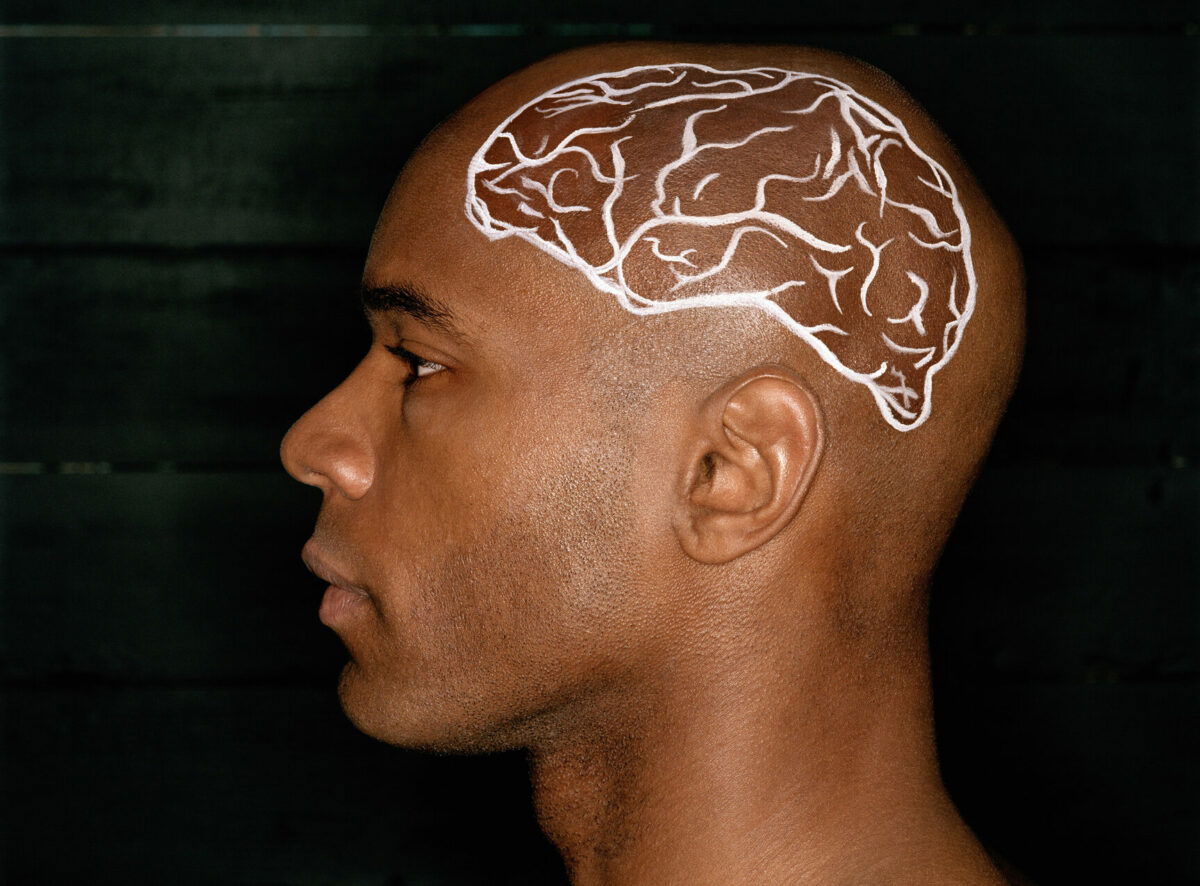
July 23, 2025
Pandemic-era brains aged 5.5 months faster compared to the brains studied before the pandemic.
New research shows COVID-19 has aged our brains faster. While we’ve all heard of Long COVID, characterized by ongoing symptoms that persist for at least three months, and the impacts on the brain, such as cognitive problems, new research shows that the brain is also affected in those who didn’t get sick.
In a study published in Nature Communications, British researchers found that during the pandemic years of 2021 and 2022, people’s brains exhibited signs of accelerated aging. Pandemic-era brains aged 5.5 months faster compared to the brains of those who were studied before the pandemic.
Researchers examined brain scans from 1,000 people during and before the pandemic. Scientists examined brain function, gray and white matter volume, a person’s cognitive skills, and their chronological age. Gray matter is crucial for memory, emotions, and motor control. White matter is vital for helping nerves transmit electrical signals.
“This finding was interesting and rather unexpected,” said Ali-Reza Mohammadi-Nejad, who led the study from the University of Nottingham School of Medicine in the U.K.
He added, “We found that participants who simply lived through the pandemic period, regardless of infection, also showed signs of slightly accelerated brain aging. This highlights that the broader experience of the pandemic—including disruptions to daily life, stress, reduced social interactions, reduced activity, etc.—may have had a measurable impact on brain health.”
The Impact COVID Had On Black Patients and Their Brains
The aging effect was most pronounced in males, the elderly, people with compromised health, and those with socioeconomically deprived backgrounds.
For Black patients, research from the National Institutes of Health reveals that there were disproportionate effects on their mental and physical health at the peak of the pandemic. The Black population has been made especially vulnerable to the impacts of COVID-19 on mental health. Various studies show Black patients have a higher frequency of certain neurological symptoms, with the most frequent neurological complaint listed as altered mental status.
In Maryland, for example, while overall rates of suicide seem to have decreased during the height of the pandemic, a state study revealed an increase in suicide by 94% among Black residents compared to a 45% decrease among White residents.
Psychologists warn that the lingering impacts of COVID-19 have significantly impacted the Black community and exacerbated existing health disparities. The best thing health professionals can do is help Black patients meet their mental health needs by enhancing their engagement with other aspects of rehabilitation, such as physical and occupational therapy.
“Policymakers and communities must work together to address these challenges and ensure that all in the Black community have the support they need to recover from the pandemic and its long-term effects,” the American Psychiatric Association writes.
RELATED CONTENT: New COVID-19 Strain Causing ‘Razor Blade Throat’ Spreading In U.S.

